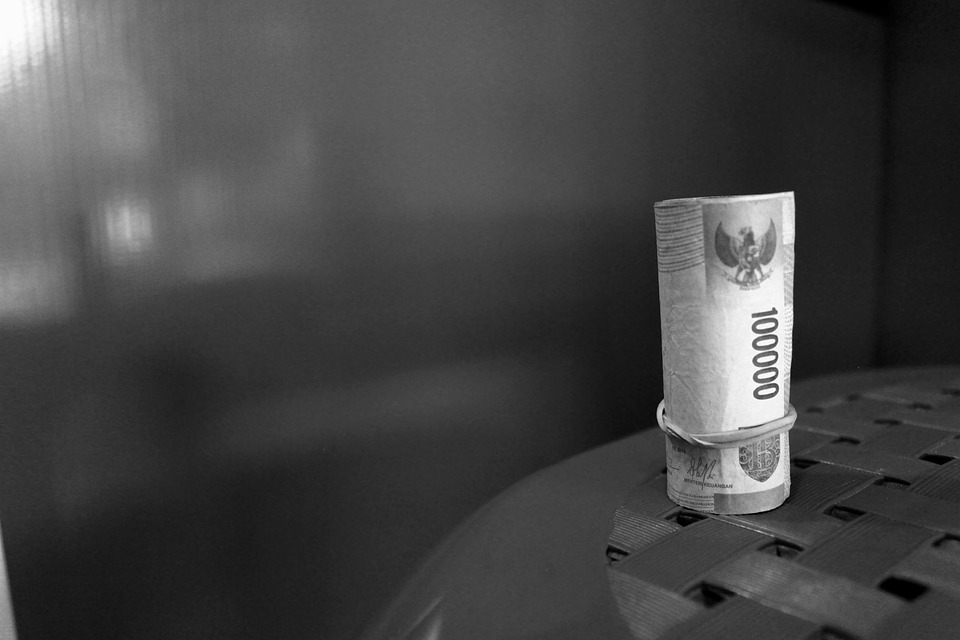Rupiah in NDF instrument plunges to IDR 17,200/US$

JAKARTA – The Indonesian rupiah has plummeted to a historic low against the US dollar in the offshore non-deliverable forward (NDF) market, touching IDR 17,261 per USD this morning (7/4), marking its weakest level on record.
This represents a steep drop from the IDR 16,555 per USD level recorded in the regular domestic market on the last trading day before the extended Idul Fitri and Nyepi holidays, Thursday, March 27, 2025.
For context, the NDF market—short for non-deliverable forward—is a foreign exchange forward contract typically used for non-convertible currencies such as the Chinese yuan and the Indonesian rupiah.
In these contracts, two parties agree to exchange the difference between a pre-agreed forward rate and the actual spot rate on a future settlement date, without any physical delivery of currency.
In practice, NDF prices often influence actual spot rate formation, even though they do not represent real-time market prices. As such, the latest movement suggests that further rupiah depreciation may be on the cards this week.
“NDFs are basically like speculative stocks in the capital market. Bank Indonesia must intervene in the NDF as well, because letting the rupiah be cornered so easily sends the wrong signal to the market,” said one market player engaged in the financial industry.
Responding to the situation, Bank Indonesia (BI) announced during today’s Board of Governors Meeting (7/4) that it would conduct targeted intervention in the offshore NDF market to stabilise the rupiah amid heightened global pressures.
The recent reciprocal tariff policy announced by the US government on April 2, 2025, followed by retaliatory measures from China on April 4, 2025, has triggered significant turmoil in global financial markets. The resulting capital outflows and currency depreciation have particularly impacted emerging market economies.
BI acknowledged the rupiah’s depreciation pressure during the domestic market closure for the Idul Fitri holidays, particularly in the offshore NDF space.
To counteract this, the central bank will maintain continuous intervention in the Asian, European, and New York NDF markets. Additionally, BI will adopt an aggressive strategy starting April 8, 2025 in the domestic market by intervening in the spot and domestic NDF (DNDF) markets, as well as purchasing government bonds (SBN) in the secondary market.
Furthermore, BI will optimise rupiah liquidity instruments to ensure ample liquidity in domestic money and banking markets.
The central bank claims that these coordinated efforts aim to stabilise the rupiah and preserve market confidence in Indonesia’s economic fundamentals. (ZH/MT)